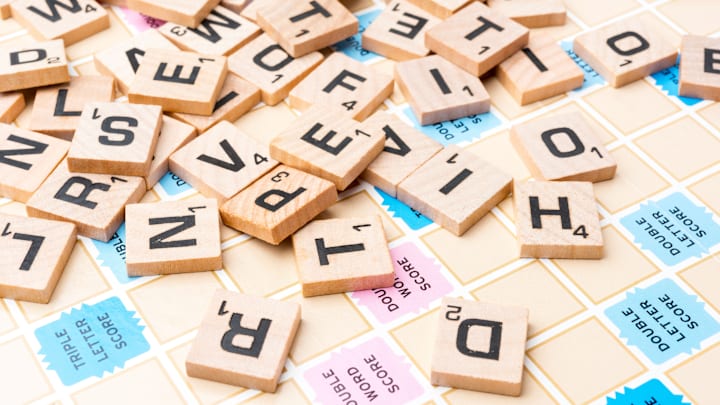The conventional wisdom has always been that a good Scrabble player is someone with a hefty vocabulary—the kind of person who can drop an eight-letter word you’ve never even heard, complete with Qs and Zs to boot. But some Scrabble champs are turning that strategy on its head.
In 2016, The Wall Street Journal reported that Nigeria is home to hundreds of the world’s top Scrabble players—more than any other country in the world—including former world champion Wellington Jighere.
For years, Jighere and his fellow Scrabble pros have been ushering in a new era in competitive play: specifically, in the inclusion of African players and in how the game is being mastered. In brief, their strategy is to play four- and five-letter words, even if longer ones can be played. If that seems counterintuitive to you, allow us to break it down.
While there’s an advantage to going big (like when a competitor plays all seven tiles at once, earning a “bingo” worth an extra 50 points), that move also comes with certain handicaps. For one, it gives the person across the board more letter opportunities, as well as making you vulnerable to a bad draw the next time around. Playing shorter words and holding onto adaptable tiles is a safer—and, it seems, smarter—bet.
Analysis of millions of simulated games has shown the merits of the short-word strategy and proven faults in the old game plan. For example, the word za—a shortened version of pizza—can earn a player a whopping 62 points if played correctly.
Read More Word Stories:
A version of this story ran in 2016; it has been updated for 2024.
